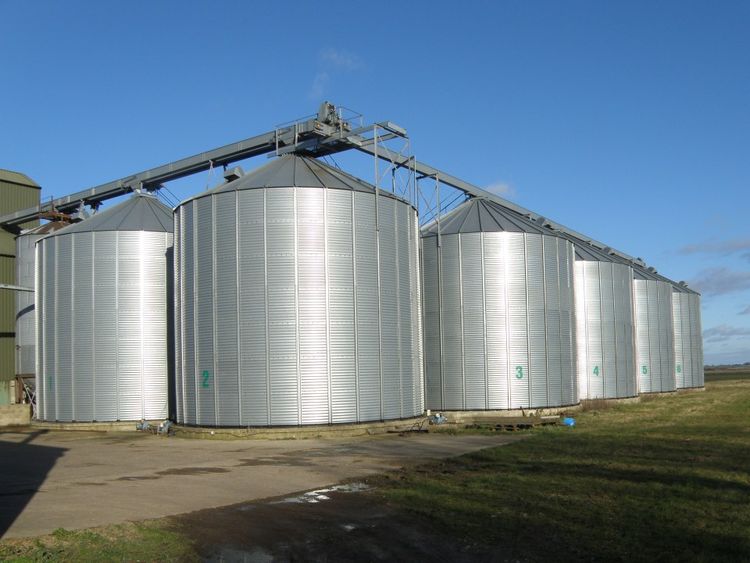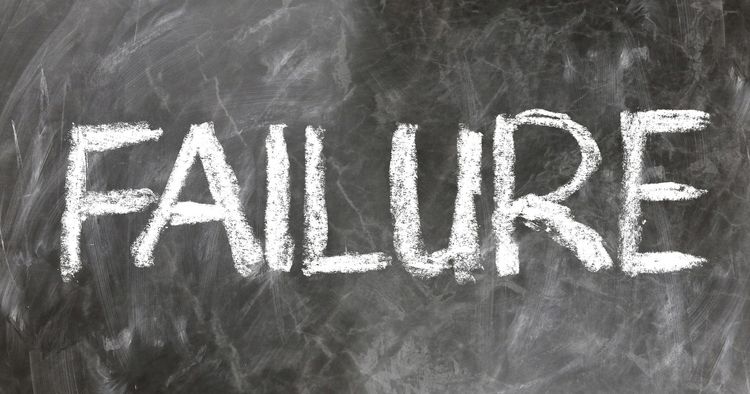Three personal considerations for partnership and employment decisions

Times of uncertainty can make decision-making harder and more complex, since there are simply so many more variables at play.
In discussions with senior executives across a wide range of organisations, some key themes seem recurrent - such as:
Can technology, data and artificial intelligence help us navigate the kinds of complexities we are currently experiencing and enable us to arrive at robust solutions?
And, can the true value of such solutions be foreseen to enable credible conversations with key decision makers and budget owners?
While some organisations are rightly having to look at their budgets with heightened scrutiny, I believe that such “value” conversations should not have to be awkward. Instead, they should be welcomed and should create such delight - and inspire such confidence - that they actually enable appropriate investments to be secured.
When I recently considered these questions, I was reminded of my own decision-making process that ultimately led me to accepting an incredible role at Theory+Practice.
Aside from the big news items of the day – with a combination of Brexit and COVID maximising uncertainty and disruption – it was an interesting point in my career.
I had spent the best part of the last five years running an incredible transformation at AXA, prior to which I had had the good fortune of a most diverse industry sector experience, including exposure to some of the biggest brands in the financial services and insurance sectors.
On the personal front, our second child had just been delivered – in the midst of the COVID mayhem – and our arrangements for grandparents providing childcare had been scuppered by the unprecedented lockdown.
And so, even though change was not uncommon to me, this felt like an especially significant turning point.
At times like these, my natural instinct is to go to “first principles.” For me, this means asking the right questions.
What key things do I need to think about when contemplating a new relationship with an organisation? What were the key ingredients of the successful relationships in my past? What fundamental values can I not compromise on? What could failure look like and how does this picture compare with the best possible outcome? What kind of impact could this potential change enable me to deliver? And, how might a new relationship impact my career trajectory, my family situation and my personal life?
---
From asking such fundamental questions, I have identified the top three “qualifiers” that I personally found most helpful.
#1: Transforming challenges into opportunities
This story begins with the incredible challenge leading up to a planned meeting with the co-founder and CEO of Theory+Practice.
First, the European Summit we were both meant to attend as co-panelists was cancelled due to COVID. Then, I had a family emergency and had to suspend an alternative plan to meet on neutral grounds. Soon afterwards, the lockdown happened, grounding me in England and Rogayeh in Canada.
Whilst I was incredibly impressed by what she had to say - when we finally met for a Zoom lunch - I must confess that this was, of itself, insufficient to attract me into the organisation.
For me, it was absolutely essential to access compelling evidence of the organisation demonstrating sufficiently advanced capabilities – in its approach to problem solving and such that are capable of delivering credibly effective solutions for addressing seemingly impossible complexities.
In our current realities - as individuals try to navigate our new normality or as executives contemplate how to efficiently drive their organisations forward - it is clear that our legacy approaches to transformation are increasingly becoming untenable.
At a time like this, I look at organisations with a particular lens that considers their capability for not only ensuring stability but for driving growth - even in some of today’s shrinking market sectors. Only with such openness to mindset shifts can we increase our chances of transforming today’s challenges into tomorrow’s opportunities.
#2 Mapping a path to sustainability
It has never been more important to identify partners who are able to provide solutions that allow their clients find efficiencies and gain greater sustainability. Such partners should be able to demonstrate track records of using established leading-edge approaches that have attracted clients and partners across numerous industry sectors. They should be able to show how such approaches have led to consistency in their growth trajectory over a number of years - for example, underpinned by intellectual diversity, Theory+Practice has grown by over 300 per cent in under three years.
Aside from growth - which some have argued is somewhat backward looking - and against the backdrop of the pandemic, it is clear that an essential factor underpinning sustainability is to make human centred virtual teams work.
There needs to be a radical shift away from the idea of digital and technology as the silver bullets for sustainability. It is now, increasingly broadly accepted that any such strategies would need to be set on a firm human centred talent based foundation. Additionally, there is increased urgency for a move away from a world constrained by locations and silos to a world where team members can be more seamlessly integrated and resources more flexibly combined - as the era of the “hub and spoke'' structure, with a central hub punctuated by a few remote people or teams, is in rapid decline.
And so, my perspective is clear. The organisation of the future not only needs to be versed in a distributed human centred team structure but must now possess the knowhow to interact effectively with other organisations, regardless of where such organisations might be along their journeys from being location-centric – via a transitional hybrid structure – to being virtual by default. It must also be able to show a demonstrably consistent growth trajectory - one underpinned by resilience and adaptability.
#3 Finding alignment on values
Throughout my career, one of my core values has been a focus on the essential “to what end.” I have spent a lot of time contemplating the question, “Why do we do the things we do the way we do them?”. And, beyond a focus on value for the sake of value, a key focus for me has always been, “How can we make the biggest possible impact with the least amount of friction?”
And while this puts the spotlight on my own personal values, the pandemic experience has made it clear that such fundamental values go far beyond my personal sphere and have become essential defining factors for the psychology of today’s markets.
Never before have we had such a strong focus on truly listening deeply to the needs, wants, and intentions of those around us as a foundation for moving in the right direction. And never have organisations been more focused on ensuring that committed investments actually lead to predictable returns.
It is, therefore, more desirable to target interactions with organisations that are not only absolutely dedicated to delivering customer value but also have the substructural capabilities to deliver on this promise.
While my perspective has never been unclear, the aftermath of the pandemic has made it even more essential that the ability to demonstrate predictable returns on investment - for data, AI or technology - must now move from the realm of vanity towards that of the absolutely critical. Now, more than ever, organisations need to either develop such internal knowledge or identify suitable partners to support and amplify such essential efforts.
So, perhaps these value conversations do not necessarily have to be awkward after all.
---
Applying the same principles for making professional partnership decisions to my own career choices has reinforced my belief that these qualifiers are indeed valid parameters to consider for any number of scenarios – and that they can help me (and others) to move forward with confidence.
And so, when it comes to contemplating a new relationship with an organisation or - indeed - when it comes to considering career choices, the three key things I think about are: opportunity, value and sustainability.
Thank you






Member discussion